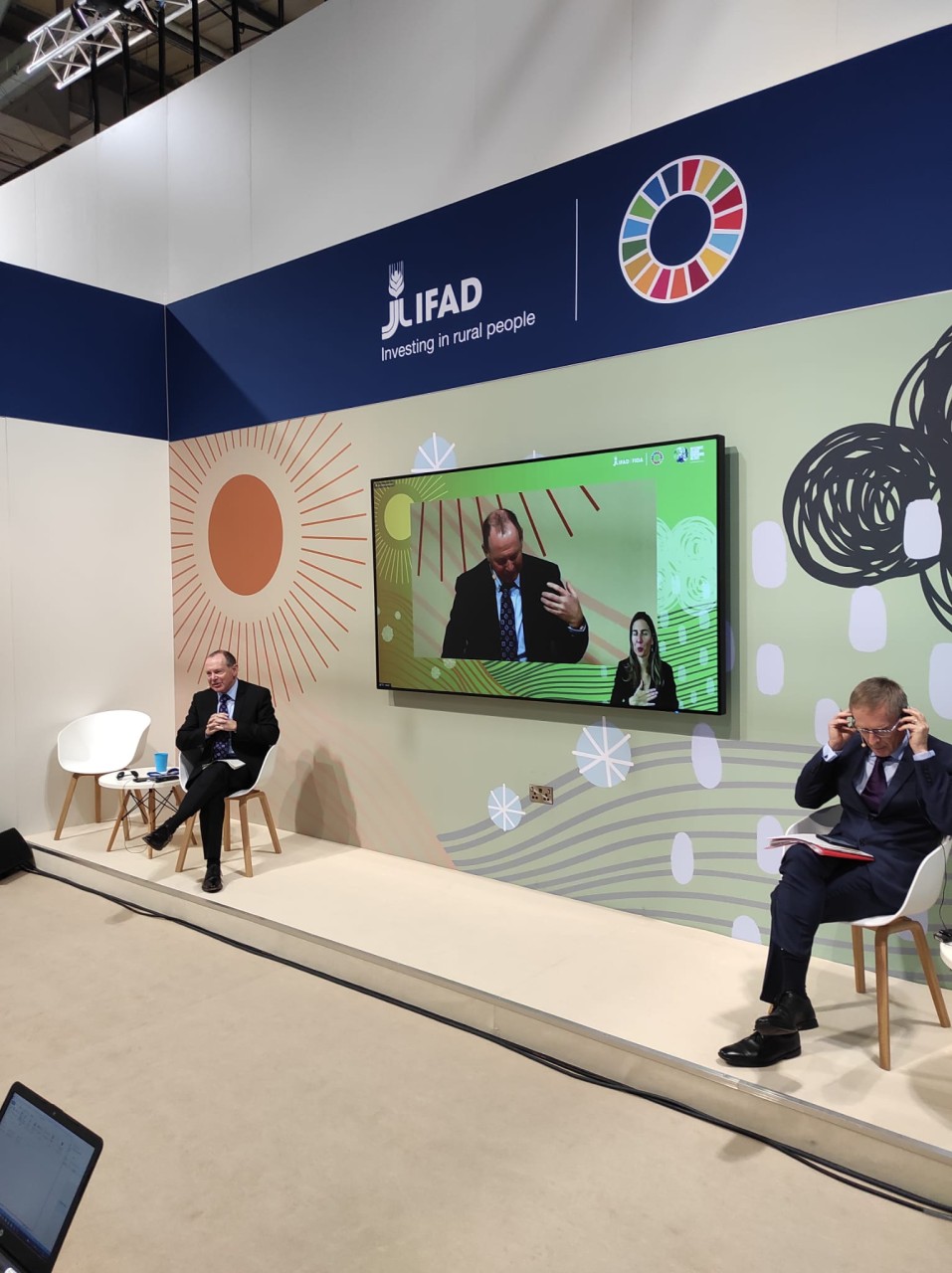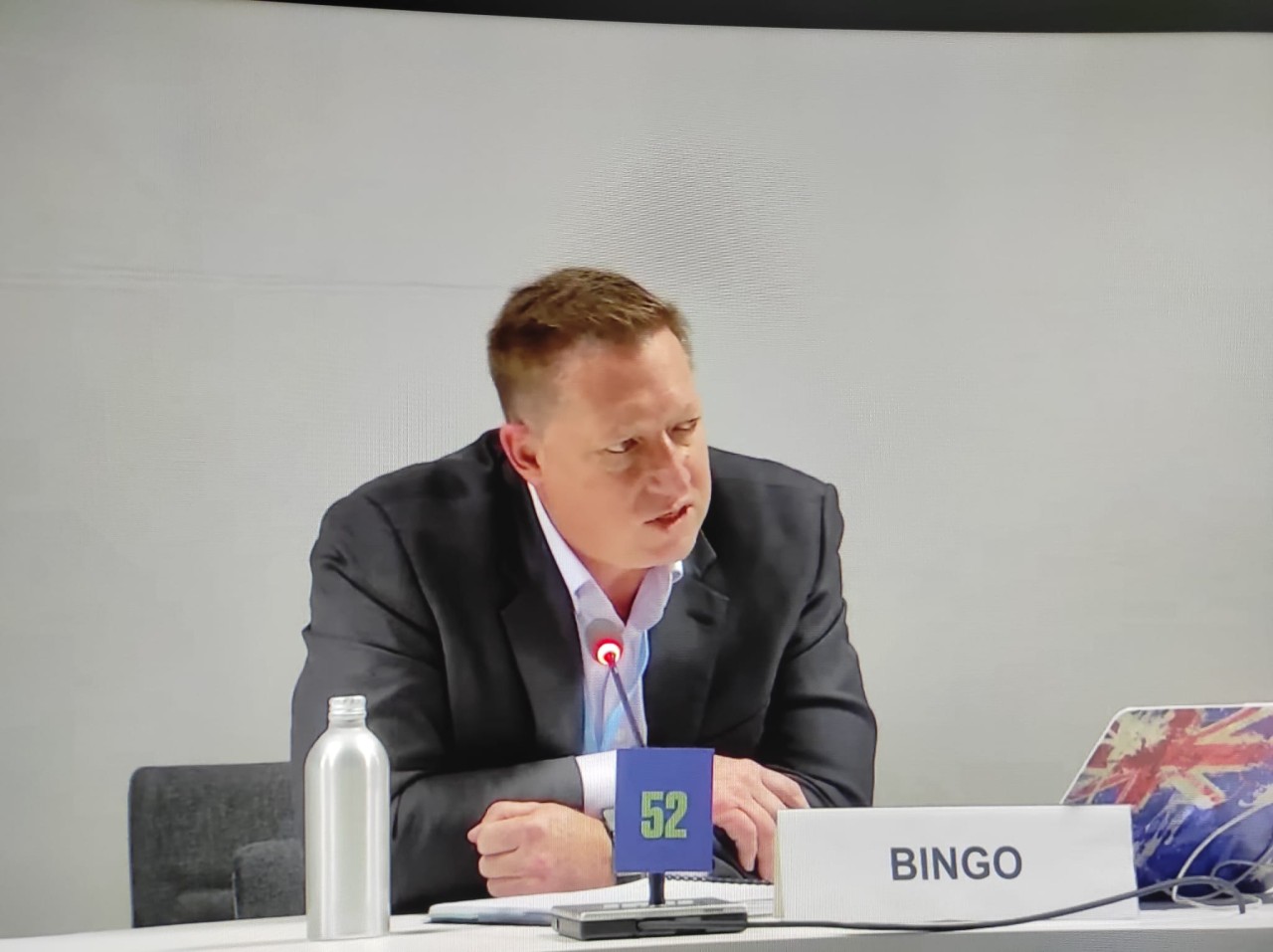2025 Year in Review
In 2025, science, innovation, and collaboration came together to deliver real impact for people and…
 For the first time in history, Global Goals Week has been held outside of the UN’s General Assembly in New York. Instead, the week, which aims to raise awareness of the 17 sustainable development goals and their importance for all people everywhere, has been inserted into Expo 2020 Dubai. Expo 2020 is an event aimed at promoting sustainability and this can be seen through its infrastructure made up of reusable construction materials and energy sources, of which half of it is renewable.
For the first time in history, Global Goals Week has been held outside of the UN’s General Assembly in New York. Instead, the week, which aims to raise awareness of the 17 sustainable development goals and their importance for all people everywhere, has been inserted into Expo 2020 Dubai. Expo 2020 is an event aimed at promoting sustainability and this can be seen through its infrastructure made up of reusable construction materials and energy sources, of which half of it is renewable.
The Global Goals Week is a call to the world to reflect on the SDGs and their own contribution to achieving these goals. Many of these goals are inter-linked, and actions can often take a multi-dimensional form, thus responding to not just one but several goals. For example, in the dairy sector, production helps to respond to SDG 2 and SDG 3 as it offers a nutritious food that promotes healthy development and growth, especially in children. However, it has also been noted that the dairy industry provides 1 billion jobs, directly and indirectly, thus impacting SDG 1, SDG 8, and even SDG 5 since it helps empower women economically.
 For several years, the dairy industry has been intentionally contributing to SDG 13 through innovative technology. Recently, the Global Dairy Platform (GDP) announced its plans to take this commitment a step further through the Pathways to Dairy Net Zero initiative. This initiative brings together members of the global dairy sector, representatives of the scientific and research communities and other stakeholders to develop methodologies, tools, and pathways that would help reduce greenhouse gas emissions from the sector. Researchers have begun investigations to find areas where positive climate change action is possible across the global dairy value chain. GDP is confident that positive change could be achieved across all dairy systems worldwide. Collaboration, knowledge-sharing, and adoption of best practices are some of the key elements needed to reduce dairy’s emissions. That is why this initiative is worth commending and should be replicated by other sectors.
For several years, the dairy industry has been intentionally contributing to SDG 13 through innovative technology. Recently, the Global Dairy Platform (GDP) announced its plans to take this commitment a step further through the Pathways to Dairy Net Zero initiative. This initiative brings together members of the global dairy sector, representatives of the scientific and research communities and other stakeholders to develop methodologies, tools, and pathways that would help reduce greenhouse gas emissions from the sector. Researchers have begun investigations to find areas where positive climate change action is possible across the global dairy value chain. GDP is confident that positive change could be achieved across all dairy systems worldwide. Collaboration, knowledge-sharing, and adoption of best practices are some of the key elements needed to reduce dairy’s emissions. That is why this initiative is worth commending and should be replicated by other sectors.
As the world analyzes how far it has come in achieving the Global Goals this week, it is hoped that these reflections will birth other stellar initiatives and collaborations from other industries and sectors because every action counts.